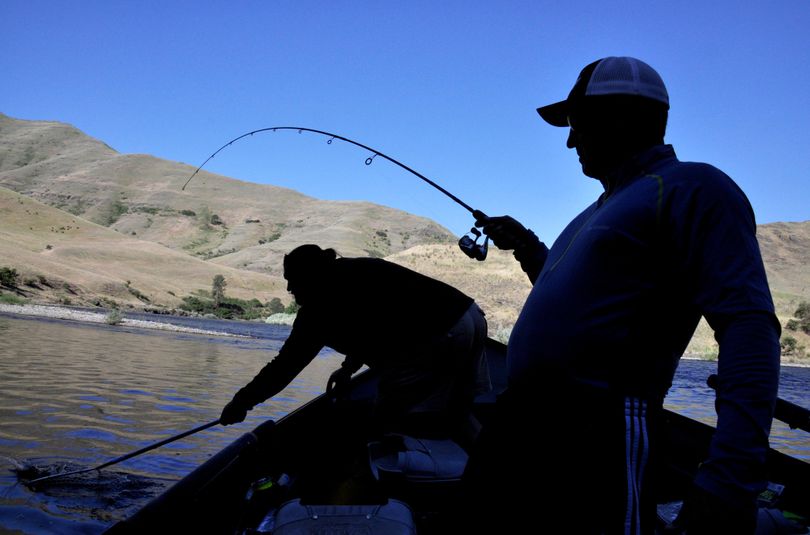‘Angler Code of Ethics’ wins suppport of pros

FISHING -- An "Offical Angler Code of Ethics" is winning support from organized anglers, including the Bass Anglers for Saltwater Conservation and Yamaha Marine Group. The 10 points make sense for all waters on earth, and they're certainly worth passing down through the generations of an ever more crowded world.
Official Angler Code of Ethics
1) Employ the best safety measures technology will allow to protect you, your family and your guests. (No boater should venture offshore without a radio, EPIRB and common life-sustaining supplies. Captain should comply with all USCG safety regulations and hold a current CPR/AED/First Aid Certificate.)
2) Captain should consume no alcohol prior to or while operating the vessel and is responsible for keeping consumption to a safe minimum for family and guests aboard the vessel.
3) Respect the resource; become familiar with the biology and ecology of the waters and the species for which you fish.
4) Take care not to injure other wildlife, including turtles, birds, manatees or other species that you encounter in your activities; be a good steward of natural resources.
5) Treat and handle caught fish with respect, and take care to revive fish that will be returned to the water within the best of your ability. (Learn the appropriate methodology.)
6) When harvesting is allowed, keep only those fish that you, your family or your guests are prepared to consume, even if you haven’t caught your limit.
7) Obtain all necessary licenses, stamps, or tags for you, your family or your guests.
8) Respect and follow all local and federal fishing and boating regulations.
9) If you disagree with existing fishing regulations, become involved in the state and federal bodies that decide those regulations.
10) Become an advocate for fishery protection so that your children and their children will be able to enjoy fishing as much as you have.
